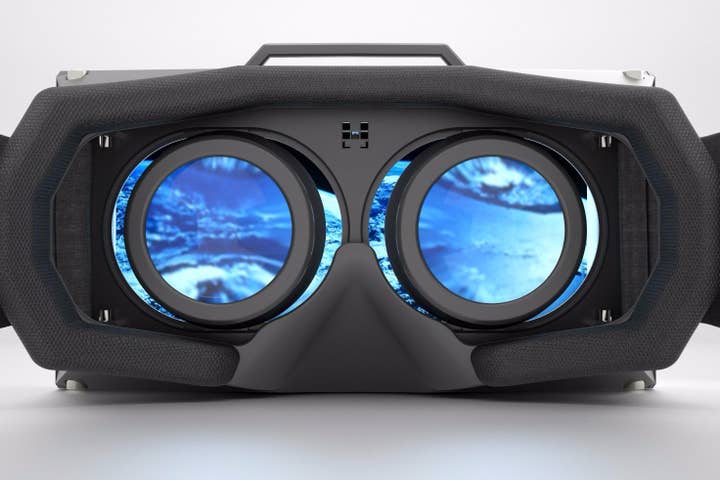Luckey: VR's iPhone moment is coming, but not yet
Rift inventor urges patient, optimistic caution on the future of the tech
Oculus' Palmer Luckey, the youthful genius generally credited with the 'invention' of the Rift headset, has urged a cautious optimism about the future of VR and the pace of its development, saying that the technology will likely see several more iterations before it becomes an accepted mainstream concept.
Speaking to Re/Code, Luckey responded to a question of whether "VR is the next iPhone", whether it will have the same step-change effect of introducing a new form of consumption and interaction on a massive scale that Apple's smartphone has. He believes it will, but he also says it's important to remember that the iPhone was already standing on the shoulders of giants in terms of the tech which preceded it.
"...the difference with the iPhone is that there had been smartphones for a really long time," Luckey explained. "The iPhone took it and refined it. It took decades of research into user interface design - you had Windows Mobile phones, you had Palm phones. I had a Nokia N800. It was a really cool device. But it was really clunky to use.
"You look at VR, it just ... died. We're not building on a decade of small improvements. We're kind of starting from scratch here. It's unlikely that the first things to come out in that range of consumer devices are going to be the iPhone. The iPhone moment is going to take longer, and it's probably not going to be such a huge, radical jump, it's going to be more gradual. The Rift is not the 'iPhone of VR.' Nothing out there is 'the iPhone of VR.' They're almost like the Palm Pilots and the Treos of virtual reality.
"We're in that early stage where people are going to look back and say, 'Wow, that was so clunky. But it built the groundwork that we needed to get to virtual reality that was perfect.'"
Later in the interview, Luckey acknowledges that both cost and unfamiliarity will initially slow the adoption of the tech, but that it will enthusiast markets, particularly gamers who already own the high-end PCs needed to power it, which will form the vanguard. He also predicts that cost will drop rapidly, predicting that the first consumer Rift headset will be outmatched by hardware in the $100 range within the foreseeable future.
"Cost is a big one, but things like the iPad have shown that for a certain segment of the population, you can have something be really expensive if they believe that it's worth the price. Driving down the cost for that group of people doesn't do much. If it's $300 or if it's $1,000, they're still going to buy it. When you can get the cost down a lot more, where you're accessing entirely new markets of people, you can do something that makes it available to everybody. Cellphones in 2008, 2009 - a good phone would be $600, $700 unsubsidized. Now, you can buy phones for less than $100 unsubsidized that are much better than any of those phones. VR is going to be the same way. If you wait five or ten years, you won't be able to buy a headset that's worse than CV1 for $100."

